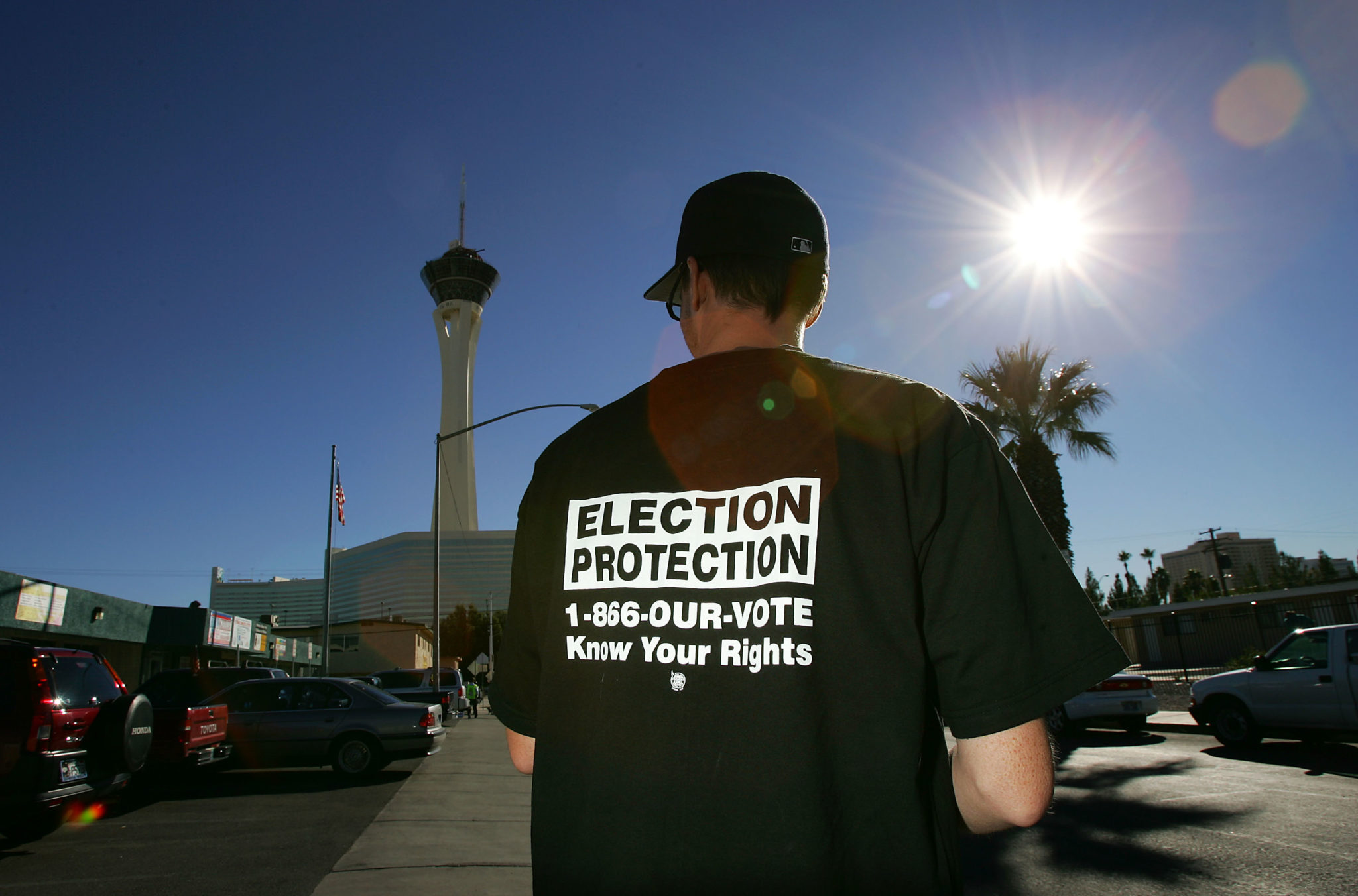Pressemitteilung
Der im Parlament eingebrachte Fair Maps Act würde dem Gerrymandering in North Carolina durch die Einrichtung einer Bürgerkommission zur Neugliederung der Wahlbezirke ein Ende setzen
RALEIGH – State lawmakers today introduced the Fair Maps Act (House Bill 437), a proposal to implement lasting redistricting reform and end gerrymandering in North Carolina.
The Fair Maps Act would amend North Carolina’s constitution to permanently take redistricting power out of the hands of partisan legislators and entrust it with an independent commission comprised of everyday North Carolinians to draw the state’s voting districts free from political influence.
If passed by the NC General Assembly, the proposed constitutional amendment would be placed before voters statewide in 2022. If ultimately approved by voters, the citizens commission would be established to oversee North Carolina’s redistricting process thereafter. The citizens redistricting commission would have an equal number of Republicans, Democrats and unaffiliated voters.
Primary sponsors of the Fair Maps Act include Rep. Pricey Harrison (D-Guilford), Rep. Robert Reives (D-Chatham, Durham), Rep. Grier Martin (D-Wake) and Rep. Marcia Morey (D-Durham).
“We applaud these lawmakers for introducing the Fair Maps Act. This legislation provides lasting, nonpartisan reform that would end gerrymandering for good in North Carolina. The Fair Maps Acts would stop the practice of politicians manipulating our voting districts and it would ensure voters have a true voice in choosing their representatives,” said Bob Phillips, Geschäftsführer von Common Cause NC. “While the citizens commission proposed by the Fair Maps Act would not be in place for the 2021 round of redistricting, the bill puts forward key principles that legislators should look to as new districts are drawn this year. Among those principles are the importance of meaningful public participation, rejecting partisan or racial gerrymandering and protecting communities from being needlessly divided.”
Phillips noted that the most prominent Republican leaders currently in the legislature, Senate President Pro Tem Phil Berger and Speaker Tim Moore, both sponsored bills to create a citizens redistricting commission when their party was in the minority a little more than a decade ago.
“It was right for Speaker Moore and President Pro Tem Berger to support nonpartisan redistricting when their party was out of power, and it would still be the right thing to do now that their party controls the General Assembly,” Phillips said. “We urge members of both parties to end the damaging cycle of gerrymandering and put the well-being of North Carolinians above partisan politics by passing the Fair Maps Act.”
Über den Fair Maps Act:
- Der Fair Maps Act würde die Verfassung von North Carolina ändern und eine Bürgerkommission zur Neugliederung der Wahlbezirke einrichten.
- If adopted by the NC General Assembly, the proposed constitutional amendment would be put before North Carolina voters statewide in 2022. And if approved by voters, the citizens redistricting commission would be responsible for any legislative or congressional redistricting thereafter.
- Die endgültige Genehmigung der Wahlkreise läge bei der Bürgerkommission für die Neugliederung der Wahlkreise. Die Generalversammlung von North Carolina spiele bei der Neugliederung der Wahlkreise keine Rolle.
- Die Bürgerkommission zur Neugliederung der Wahlkreise würde Wahlkreise mit gleicher Bevölkerungszahl, zusammenhängenden und kompakten Bezirken ziehen, die der US-Verfassung und dem Bundesgesetz in vollem Umfang entsprechen. Die Kommission würde versuchen, die Aufteilung von Landkreisen, Gemeinden oder Interessengemeinschaften zu vermeiden.
- Die Kommission hätte 15 Mitglieder – fünf Republikaner, fünf Demokraten und fünf Mitglieder, die weder Republikaner noch Demokraten sind. Der Gesetzesentwurf verbietet Lobbyisten, großen politischen Spendern oder Verwandten von Abgeordneten die Mitarbeit in der Kommission.
- Die Kommission müsste mindestens 20 öffentliche Sitzungen abhalten – 10 vor der Ausarbeitung des Plans und 10 nach der Erstellung eines ersten Plans, aber vor seiner Fertigstellung.
- Die Kommission würde der Öffentlichkeit Ressourcen zur Verfügung stellen, die es ihr ermöglichen, ihre eigenen Karten zu zeichnen, den Prozess zu verstehen und Kommentare einzureichen.
- Für die Annahme eines Plans wäre eine Abstimmung von mindestens neun Kommissionsmitgliedern erforderlich, darunter mindestens drei Mitglieder aus jeder Untergruppe (Republikaner, Demokraten und Parteilose).
- Wenn die Kommission keinen Plan annehmen kann, wird sie einen Sonderbeauftragten mit der Einteilung der Bezirke beauftragen.
About the 2021 redistricting process:
Later this year, North Carolina’s congressional and legislative districts will be redrawn based on 2020 census data. Those new districts are intended to remain in place for the next decade.
Im Jahr 2019 erließ ein Staatsgericht eine wegweisende Entscheidung in Common Cause gegen Lewis, ruling that partisan gerrymandering, like racial gerrymandering, violates North Carolina’s constitution. As a result, the court ordered new legislative maps to be drawn for the 2020 election in full public view and without using partisan data. That historic ruling set an important precedent barring partisan gerrymandering in North Carolina.
“The courts have made clear that gerrymandering is unconstitutional in North Carolina and the public overwhelmingly wants nonpartisan redistricting. But the temptation to manipulate voting districts may remain a strong pull for politicians,” Phillips said. “In order to avoid illegal map-rigging, the redistricting process in 2021 must be nonpartisan, with full transparency and robust public input – and be completely free from gerrymandering.”
Phillips added, “That means lawmakers must not shortchange the people of North Carolina with a rushed redistricting process. Instead, legislators should hold a series of meaningful hearings in communities throughout the state and actually listen – and be responsive to – public input in how the district lines are drawn.”
Common Cause NC ist eine überparteiliche Basisorganisation, die sich der Wahrung der Grundwerte der amerikanischen Demokratie verschrieben hat.

